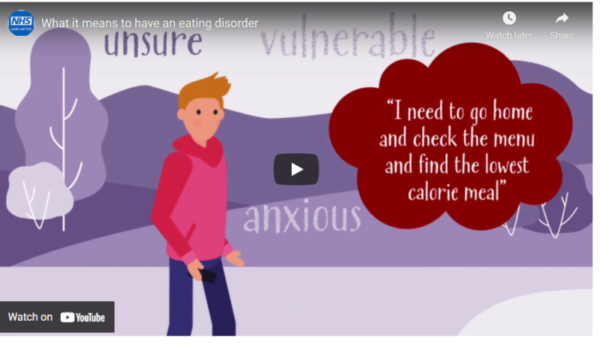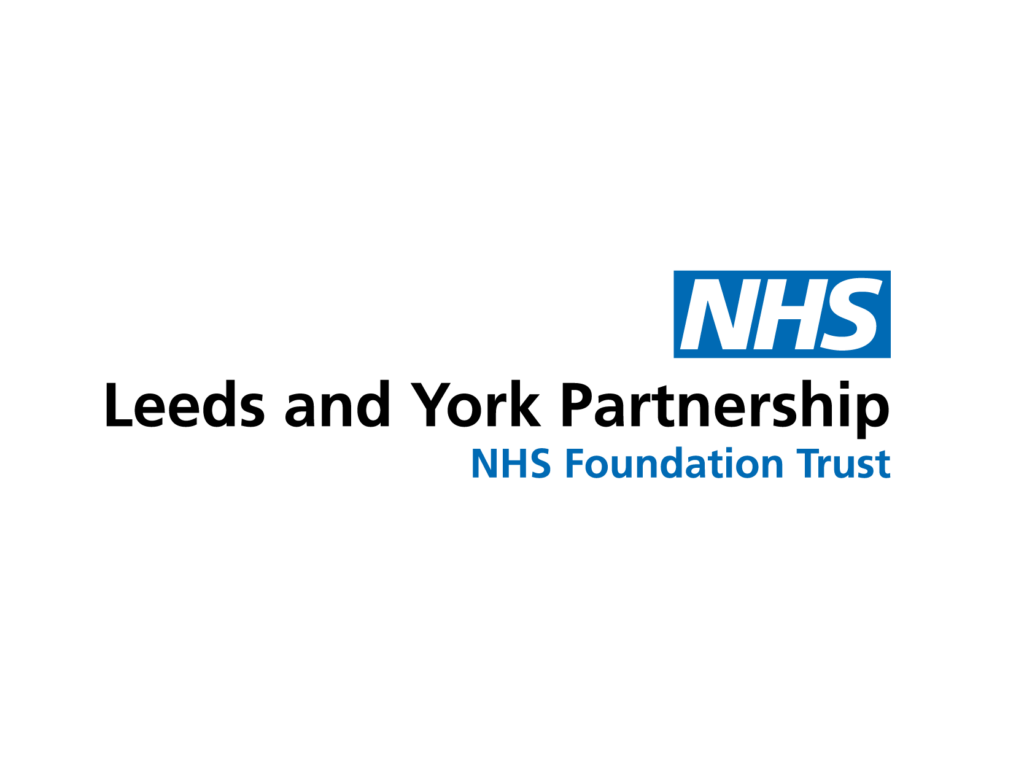Pioneering service provides lifeline for adults with eating disorders
Pioneering a new approach, Leeds and York Partnership Foundation NHS Trust’s CONNECT service provides early intervention, outpatient, inpatient and intensive home-based treatment for adults with eating disorders. This condition has seen case numbers soar nationally, leading to hugely increased demands on services.
CONNECT is the first NHS provider collaborative outside of London to offer support for adults with eating disorders. As such, it exemplifies a new NHS approach in which services work with local teams and support networks to provide high quality, specialist care, as close as possible to where people live.
CONNECT is also serving people across West Yorkshire and Harrogate Health and Care Partnership, an ‘integrated care system’ which is the third largest in the country.
But the fact it’s a vanguard model isn’t why its users shortlisted it for an NHS Parliamentary Award for Excellence in Mental Health Care. When the pandemic suddenly hit last year, the team demonstrated dynamism, creativity and agility in what it did next.
Within two weeks, it moved its services online and with huge success. Through very quick and imaginative use of social media, it began providing three live sessions a day, often at meal times, to encourage conversations and provide support, as well as publishing daily posts, quotes and videos. The online sessions include motivational talks, myth busting and recovery stories, with input from a wide range of experts such as medics and occupational therapists.
This approach attracted more than 45,000 views over six months, with around 30 people involved in the live sessions and up to 200 people watching each of the recordings.
“We wanted to live up to our name and truly connect with people,” said Acting Consultant Psychiatrist Dr Monique Schelhase. “And because the social media element of our service is open to anyone, we’ve had people tuning in from around the country and the world.”
CONNECT has quickly become a national exemplar, with other organisations wanting to learn from them and adopt a similar approach.
CONNECT social media lead Mary Franklin-Smith believes the more people from diverse backgrounds are involved, the richer the connections and the more people realise how much they have in common and that they are not alone.
“There is a prevailing myth that an eating disorder is just something you have to live with. That’s absolutely not true. We’ll continue to expand our online networks to get the message out there that recovery is possible for all.”
Achieving equality through innovative digital design
It’s not every day you find a team of NHS digital innovators nested within a mental healthcare organisation, but that’s exactly where mHabitat is based.
Its small, multidisciplinary team comprises skills ranging from design, research and citizen engagement to occupational therapy, digital inclusion and business development. Together, their aim is to design inclusive, digital healthcare which reduces rather than compounds health inequalities.
Examples from its outstanding product portfolio are a “my needs” NHS app enabling children and young people to more easily access services, ‘inclusive’ remote (video) healthcare consultations and its flagship online resource for the public and professionals, Mindwell. Image from Mindwell website
Typifying its co-design approach, the team designed Mindwell through citywide collaboration. Attracting more than a million visits to date, it helps people take care of their or someone else’s mental wellbeing.
Although a part of Leeds and York Partnership NHS Foundation Trust, the team has its own strategy and works in partnership regionally and nationally with government, the voluntary sector, universities and with NHS Digital. They are currently mapping the barriers to digital exclusion across the country’s integrated care partnerships and will share their findings and solutions on a shared NHS workspace.
“We know that nine million people in this country aren’t able to easily access digital resources. But although there is no one silver bullet, this problem is solvable,” says Roz Davies, mHabitat Managing Director.
“Our job is to ensure that access to services is inclusive and that digital healthcare doesn’t exacerbate the barriers. We take that emphasis into health and care workforce training programmes, so that digital transformation is designed to be inclusive from the start.
“It’s brilliant being based at a Trust which values and supports inclusive digital innovation. They test and challenge our ideas and benefit first hand from our innovative work.”


